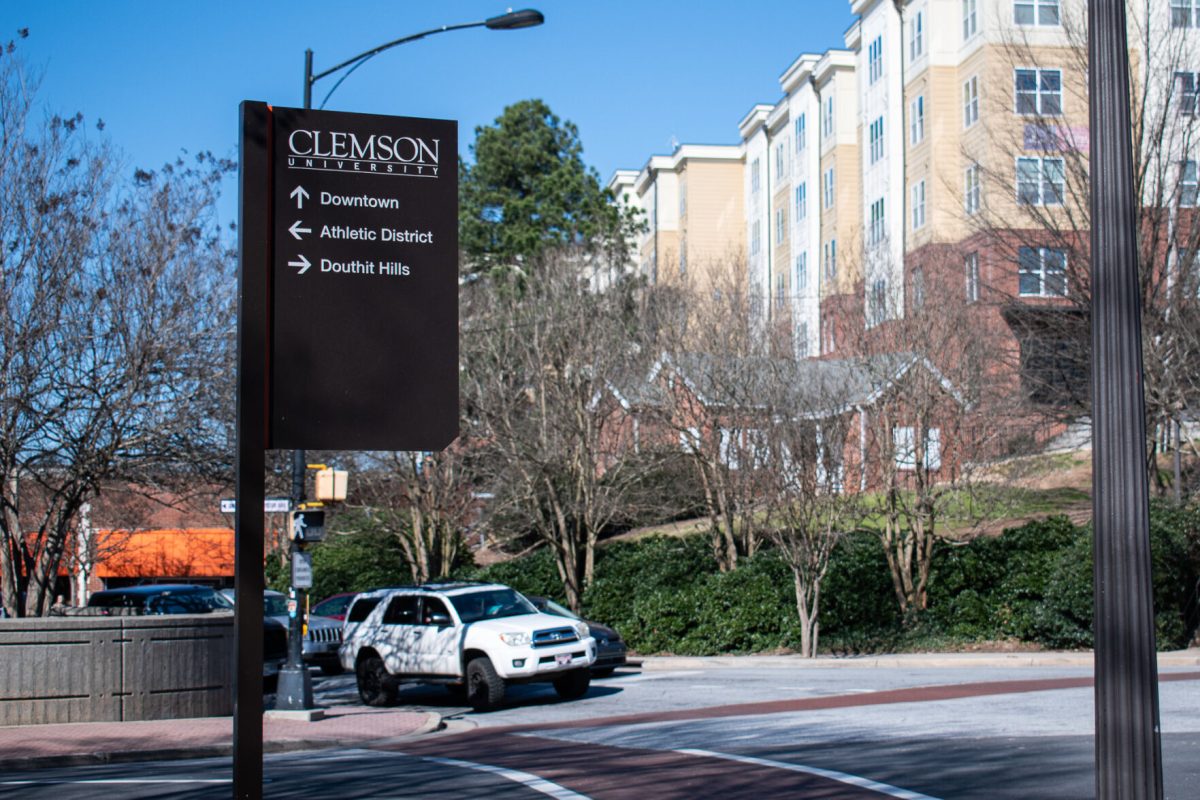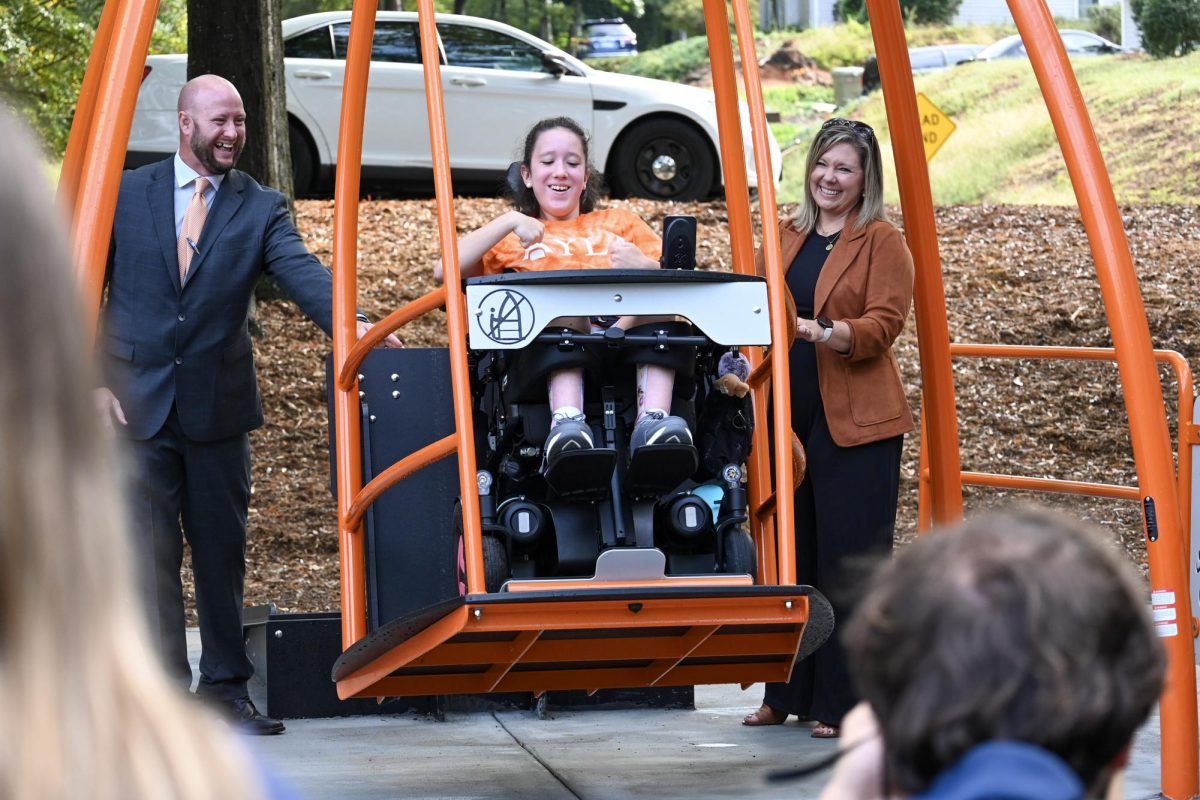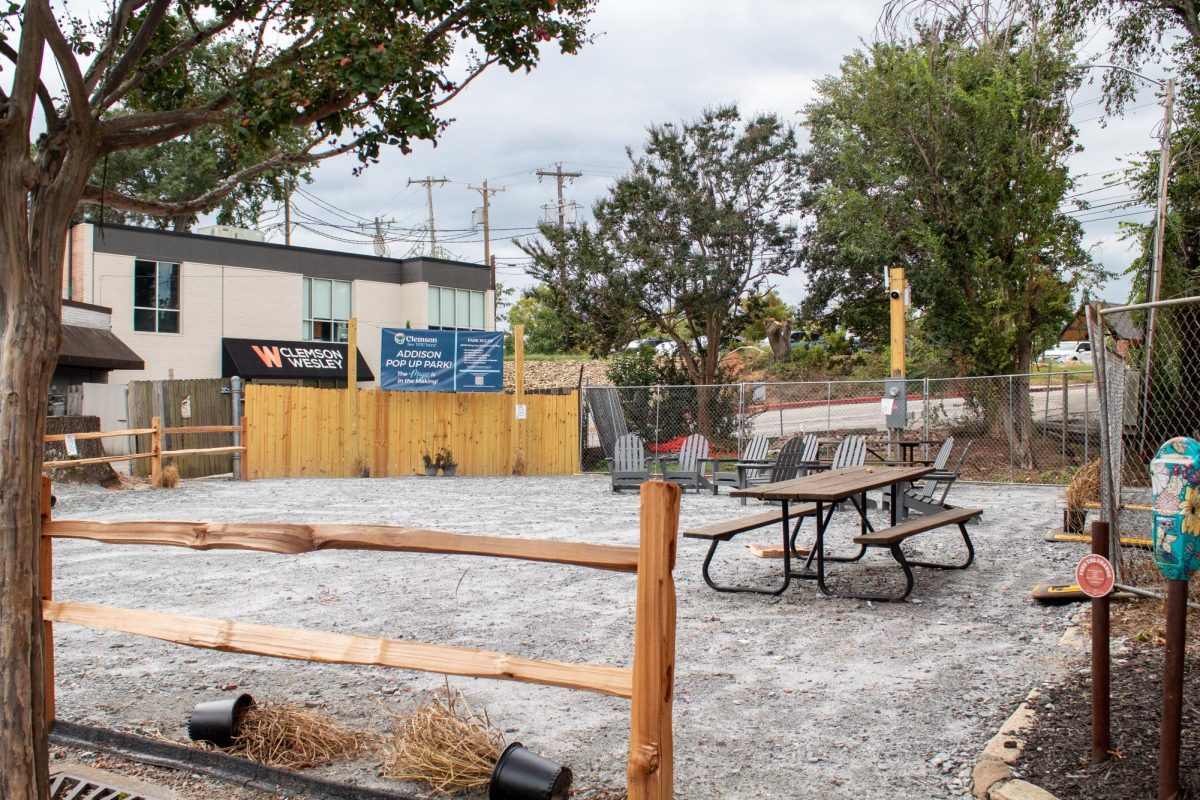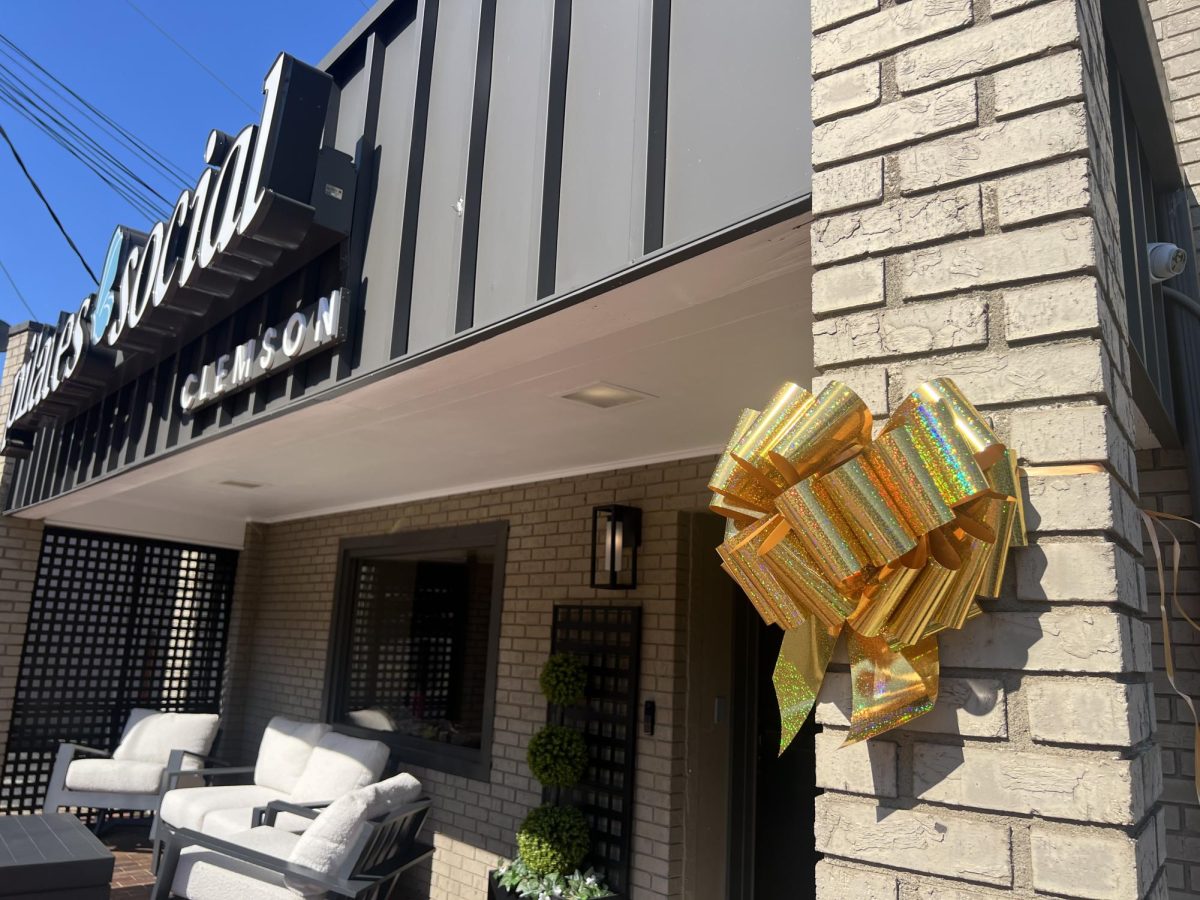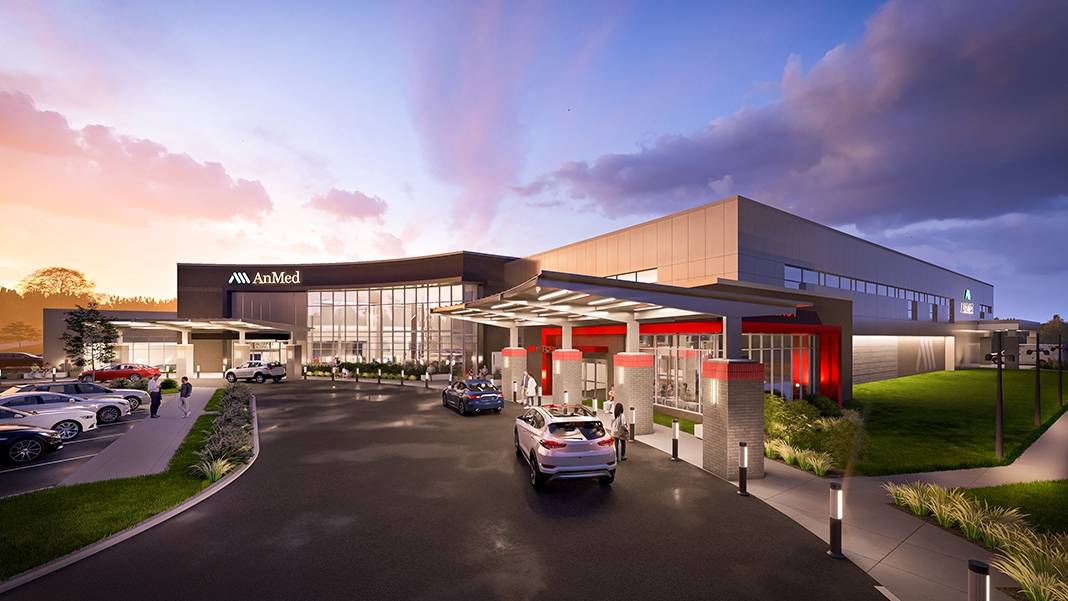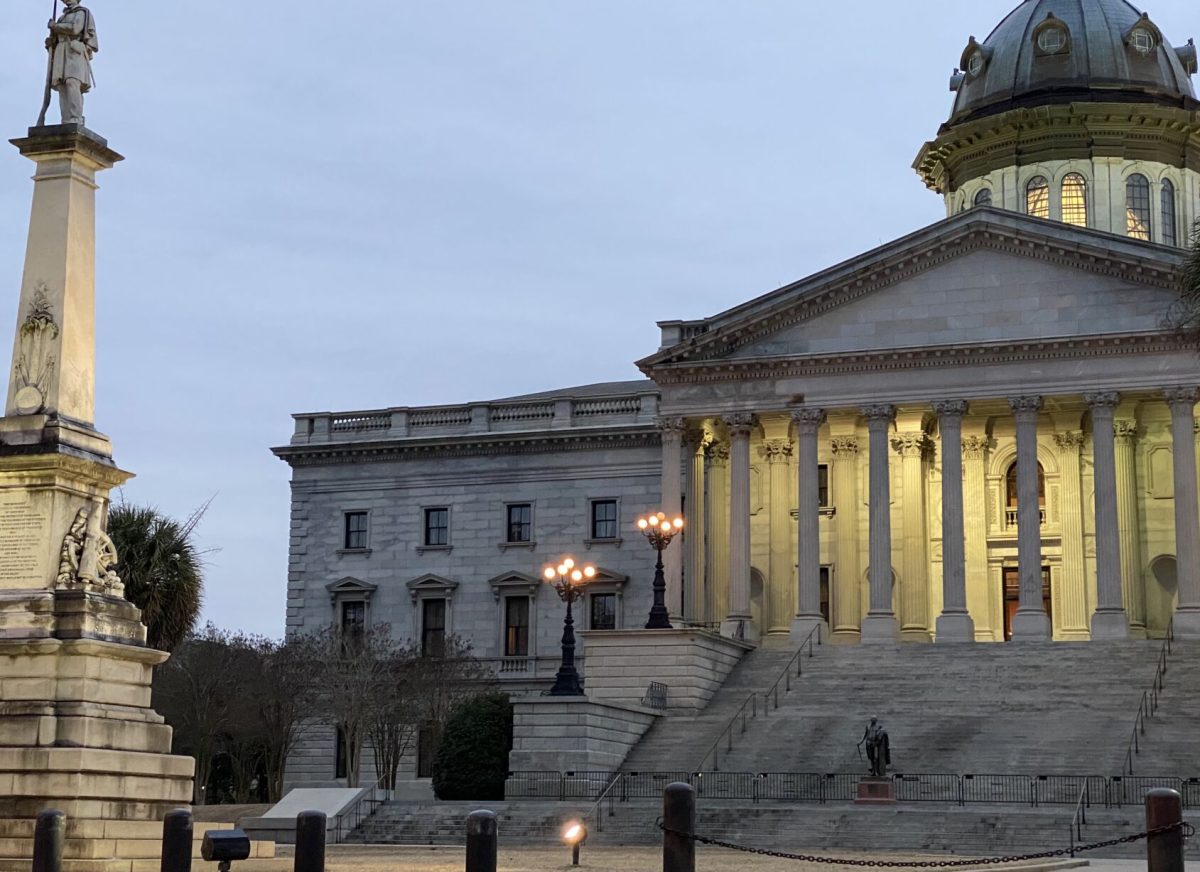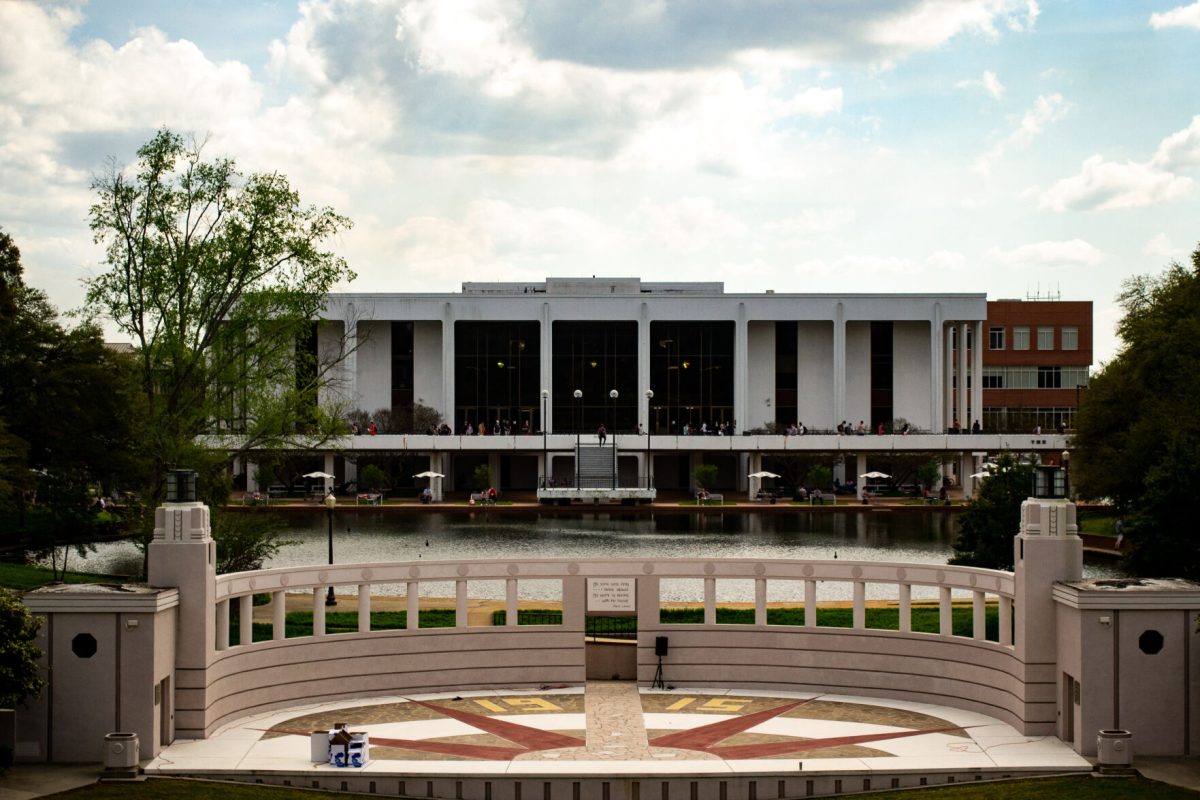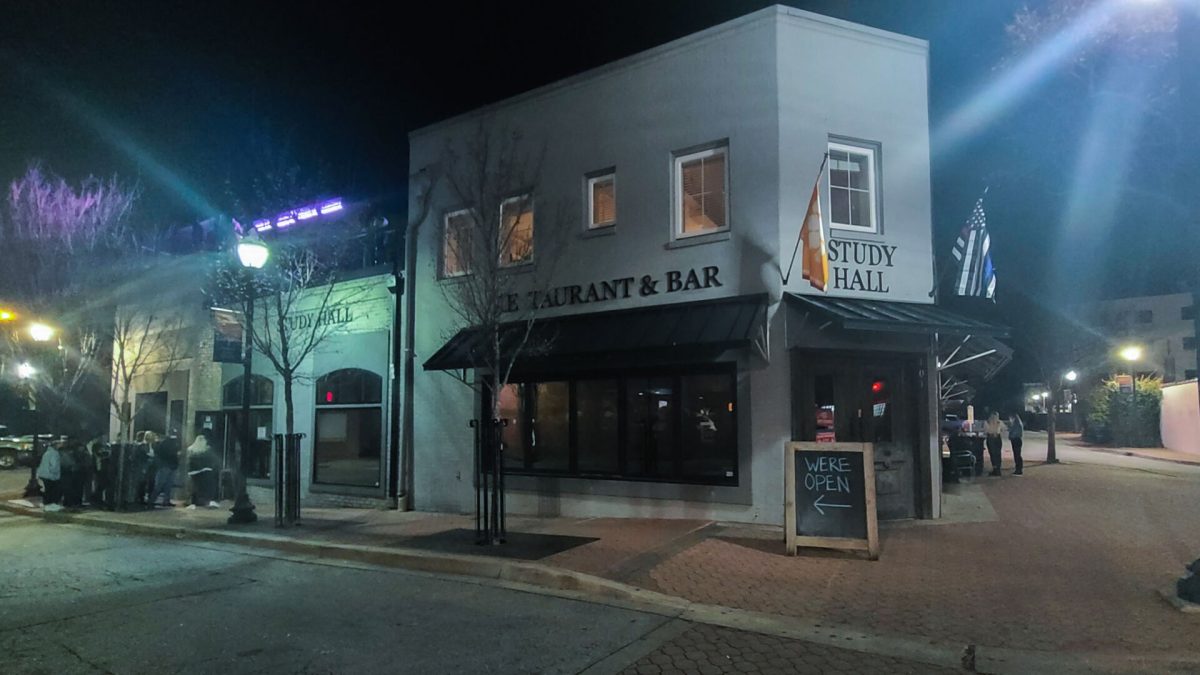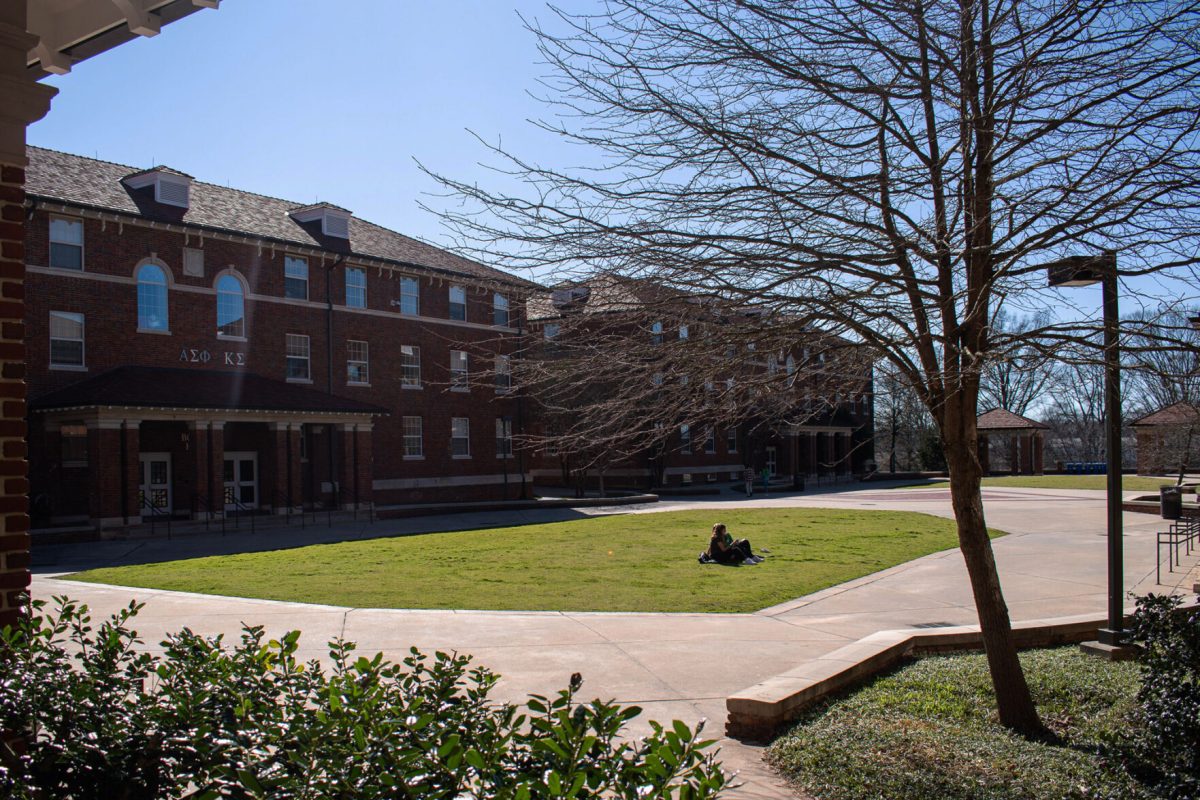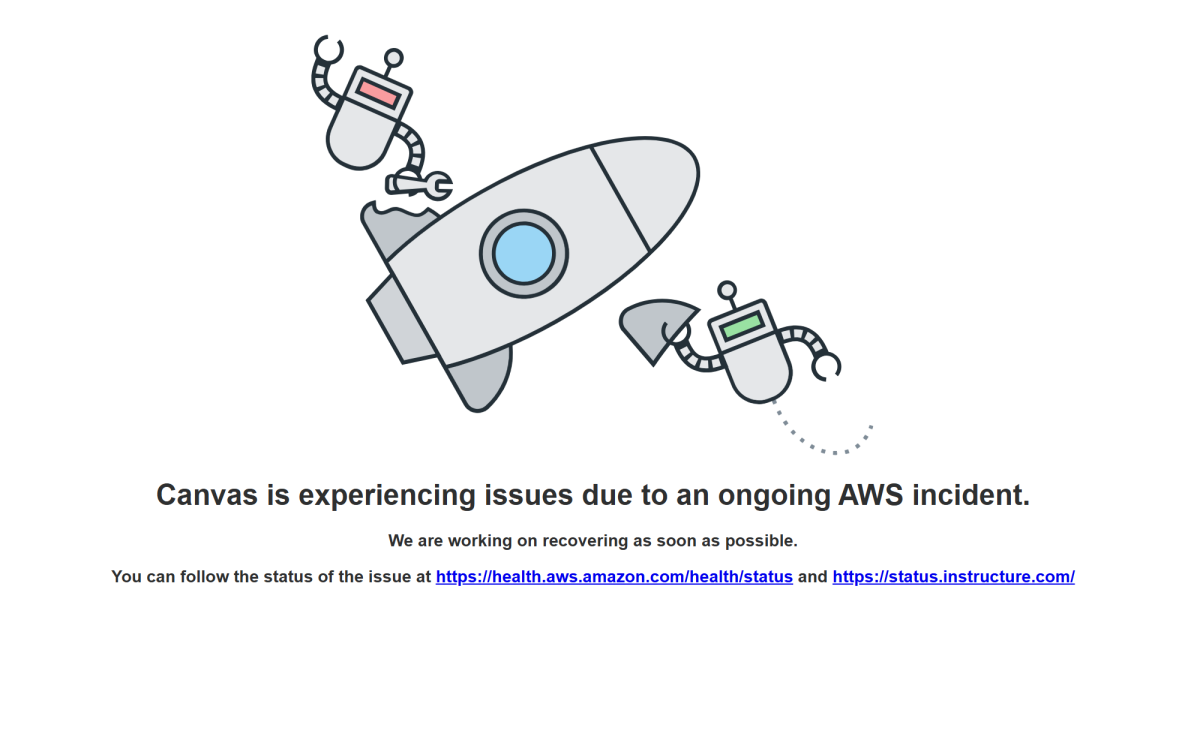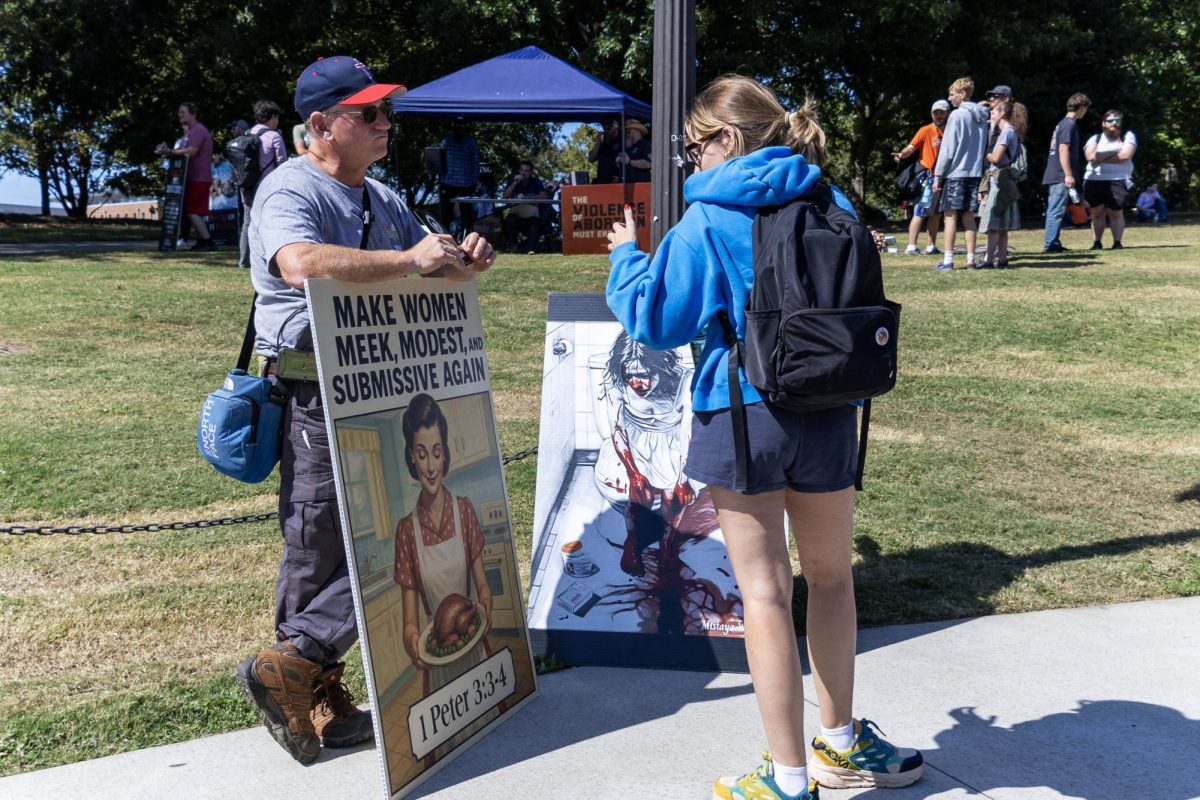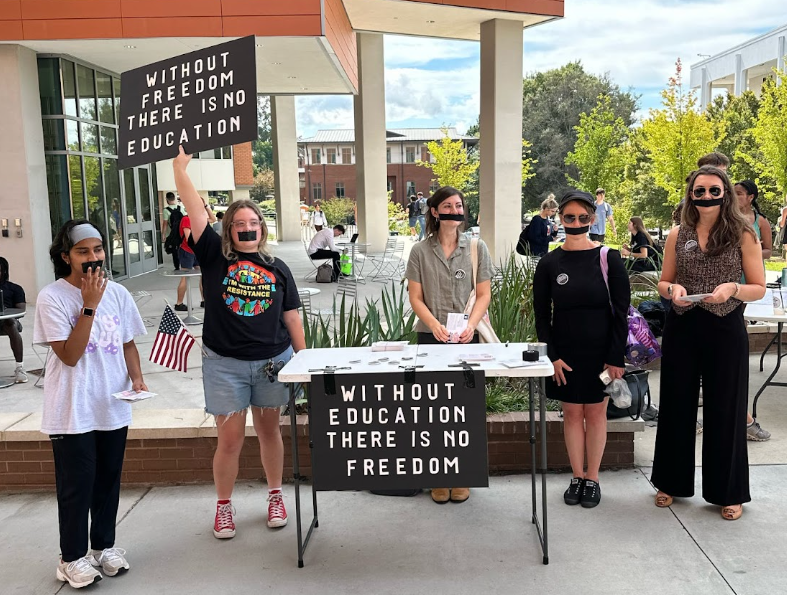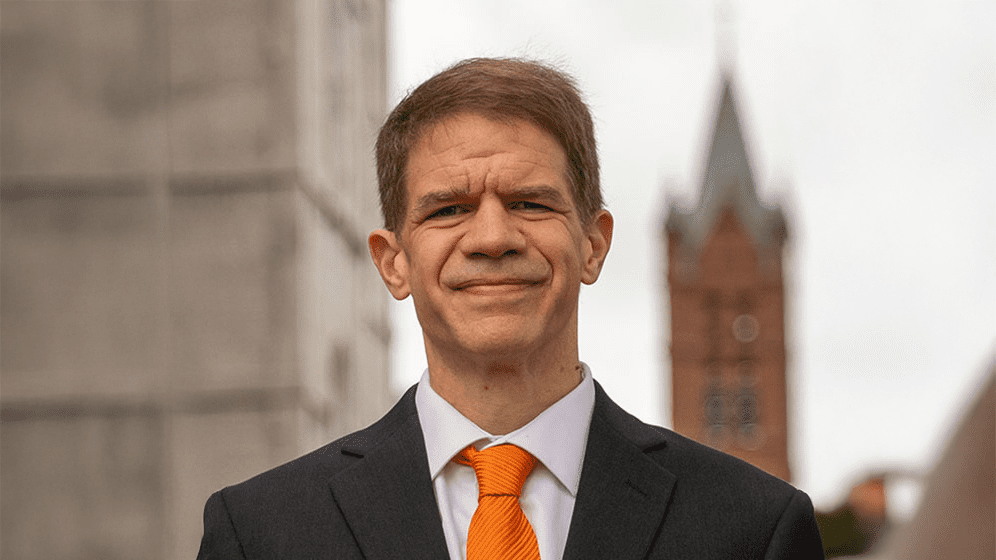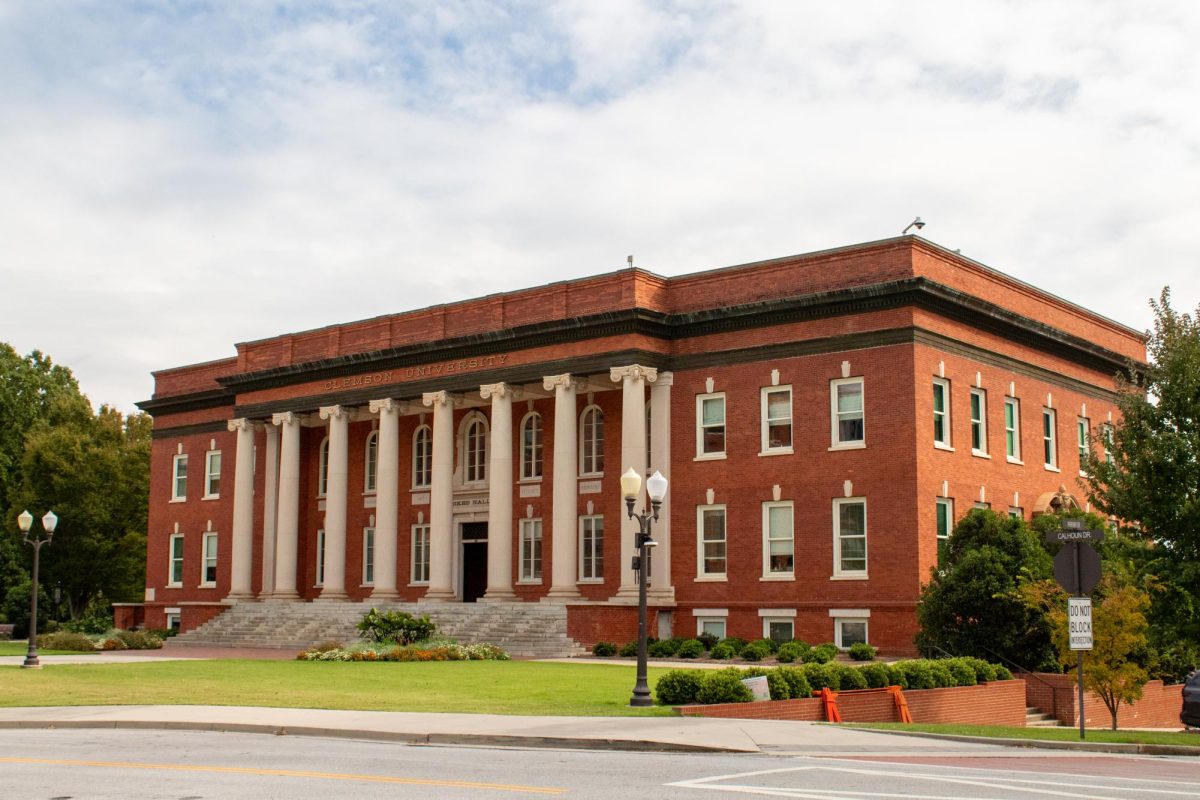Downtown Clemson business owners, Clemson students, and city residents called into Monday’s City Council meeting to voice opposition to extending the city’s COVID-19 emergency ordinance, which includes face covering requirements and limitations on bars and restaurants.
Over an hour of public comment preceded a unanimous vote to extend the ordinance for thirty days. The ordinance requires face coverings in public spaces, as well as when customers at restaurants and bars are not seated and actively eating or drinking.
Owners of businesses such as Cameron Farish of Tiger Town Tavern voiced concern with the extension.
“Find a way that we don’t die down here. We’ve lost businesses already; we are going to lose more. It’s almost a full year where nobody has made any money,” argued Farish. “Life savings and life’s work are going to dry up and go away.”
Jay Clugo of 356 Sushi expressed solidarity with Parish’s remarks. “We can watch out for the community more when we’re open. […] Personally, we’re happy to do whatever we can to watch out for the city. We also look for the city to watch out for us too.”
City Council members accepted the input and feedback from callers but responded with support for the ordinance.
“Our numbers are starting to decline, but we don’t want those numbers to start to rise,” explained Alesia Smith. “We need to talk about how to open safely.”
City Council member Bob Brookover supported continuing the discussion. “I’d like to sit down in another meeting with the downtown bars to talk about how to go forward,” proposed Brookover with a word of caution. “We cannot have things happening like what we saw at Study Hall. There are truly unsafe situations happening.”
Mary McCormac, Clemson City Attorney, reiterated the city’s imperative to enforce the governor’s executive orders. The orders require that restaurants show “reasonable efforts to comply” with the guidelines or face repercussions, such as fines and loss of licenses.
A caller who identified himself as a student at Clemson and employee downtown asked why Clemson seems to be the outlier of South Carolina cities following the governor’s orders.
McCormac responded to the caller by defining the city’s jurisdiction, “All we can do in terms of enforcement is what we can do in our own city.”
Jorge Campos, the City of Clemson Police Chief, compared Clemson’s ordinance to those of other cities around the state. “I’ve called to Greenville, Charleston, Myrtle Beach, Columbia – most of those jurisdictions, they are not using their officers to enforce the ordinance. They are using other city staff,” explained Campos. “Here in Clemson, we don’t have the same resources to do that, so our officers have been leading the way.”
Campos ended his remarks with wariness. “The public perception is changing, even though there are some hazards out there that we need to be concerned about. At some point, if the will of the people is not to comply, we run out of resources in how to enforce this.”
The City Council meets next on March 1, 2021.
Fiery debate at Clemson City Council meeting precedes vote to extend COVID-19 emergency ordinance
David Ferrara, News Editor
February 16, 2021
0
Donate to The Tiger
Your donation will support the student journalists of Clemson University. Your contribution will allow us to purchase equipment and cover our annual website hosting costs.
More to Discover



